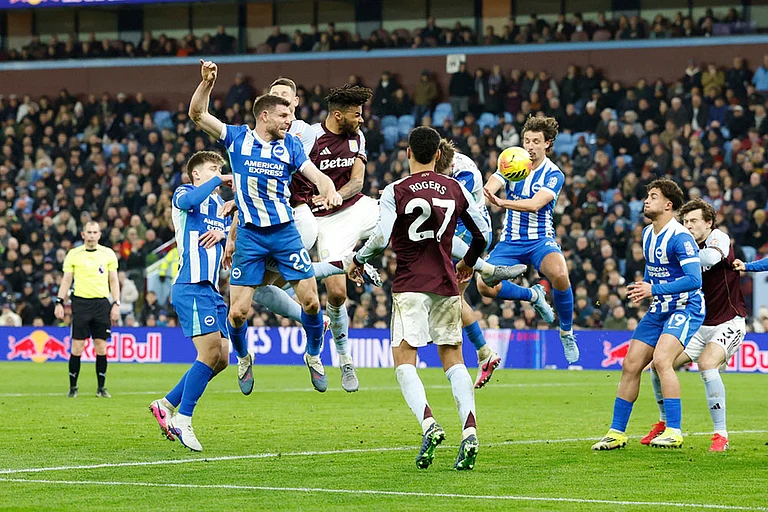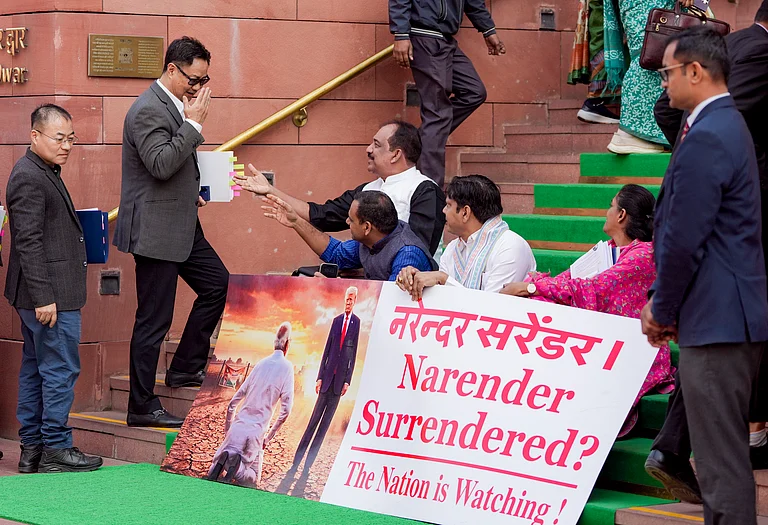Amid strained relations between Canada and India over the killing of Khalistan activist Hardeep Singh Nijjar, a Canadian minister said that the country’s ties with New Delhi were “important”.
The statement comes days after a massive diplomatic row erupted between the two countries following Canada Prime Minister Justin Trudeau’s explosive statement in Parliament alleging "potential" involvement of Indian agents in Nijjar’s killing.
"We understand that this can be, and has proven to be, a challenging issue with respect to our relationship with India. But at the same time, we have the responsibility to make sure that we conduct a thorough investigation and get to the truth," Canada’s Defence Minister Bill Blair was quoted as saying by Global News.
He added that his country will continue to pursue partnerships like the Indo-Pacific strategy while the investigation of the killing of a Sikh separatist leader continues. Nijjar was a Canadian citizen. He was granted citizenship after a long wait in 2015.
Canada had been seeking deeper trade, defence and immigration ties with India before the “credible intelligence,” as Trudeau called it, was first raised with Canadian officials, according to the report in the Canadian news channel.
If the allegations are proven true, the defence minister said “there is a very significant concern that Canada will have with respect to the violation of our sovereignty in the murder of a Canadian citizen on Canadian soil.”
India had rejected Canada’s allegations as "absurd" and "motivated". New Delhi also expelled a senior Canadian diplomat in a tit-for-tat move to Ottawa's expulsion of an Indian official over the case.
India had conveyed to Canada the increasing threat of anti-India elements operating from its soil and asked Trudeau to track down terrorists. India also suspended visa services for Canadians, as escalating tensions between the two nations over the killing of Nijjar pushed their ties to an all-time low.
India also asked Canada to downsize its diplomatic staff in the country, arguing that there should be parity in strength and rank equivalence in the mutual diplomatic presence. The size of Canadian diplomatic staff in India is larger than what New Delhi has in Canada.


























